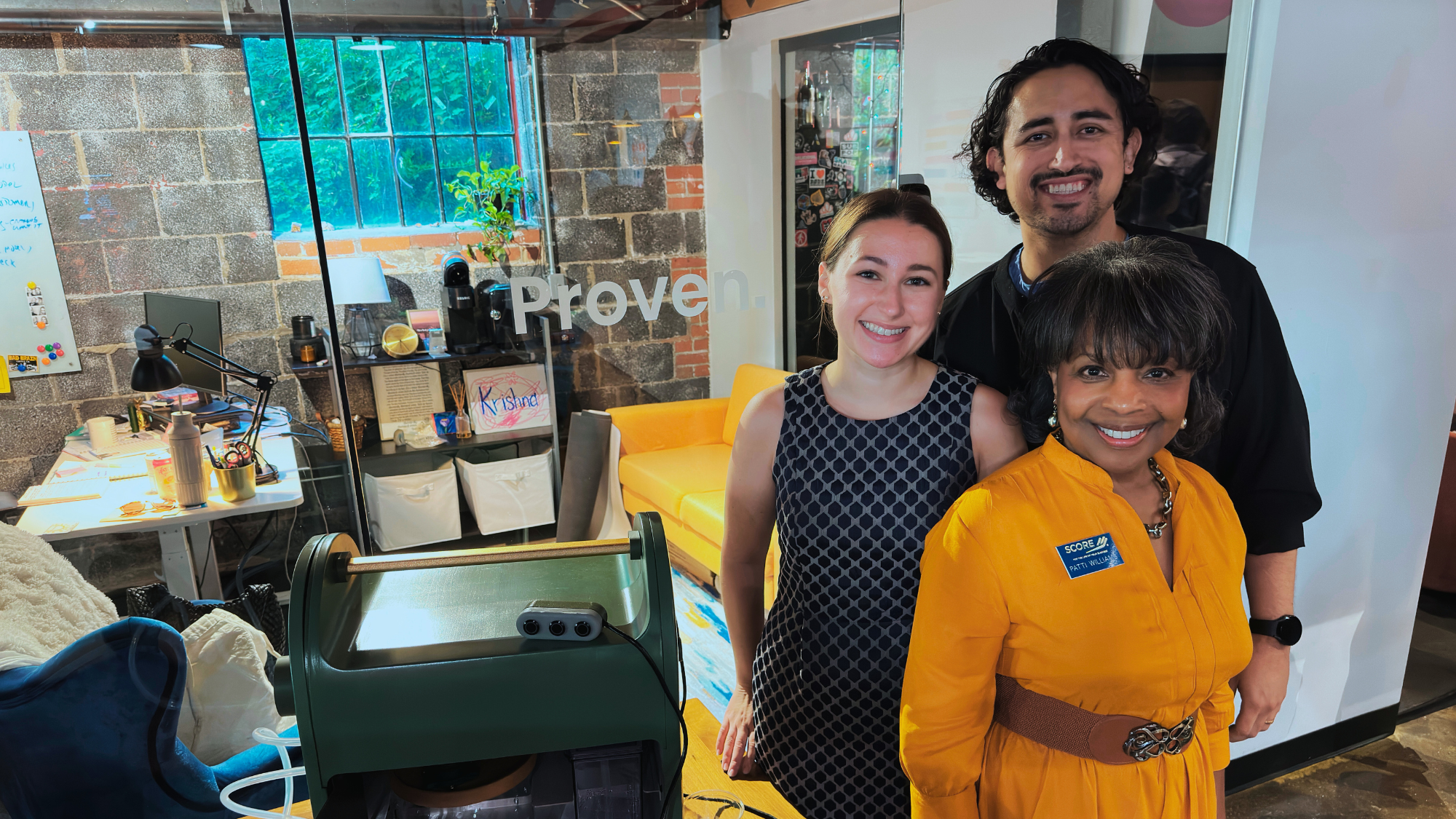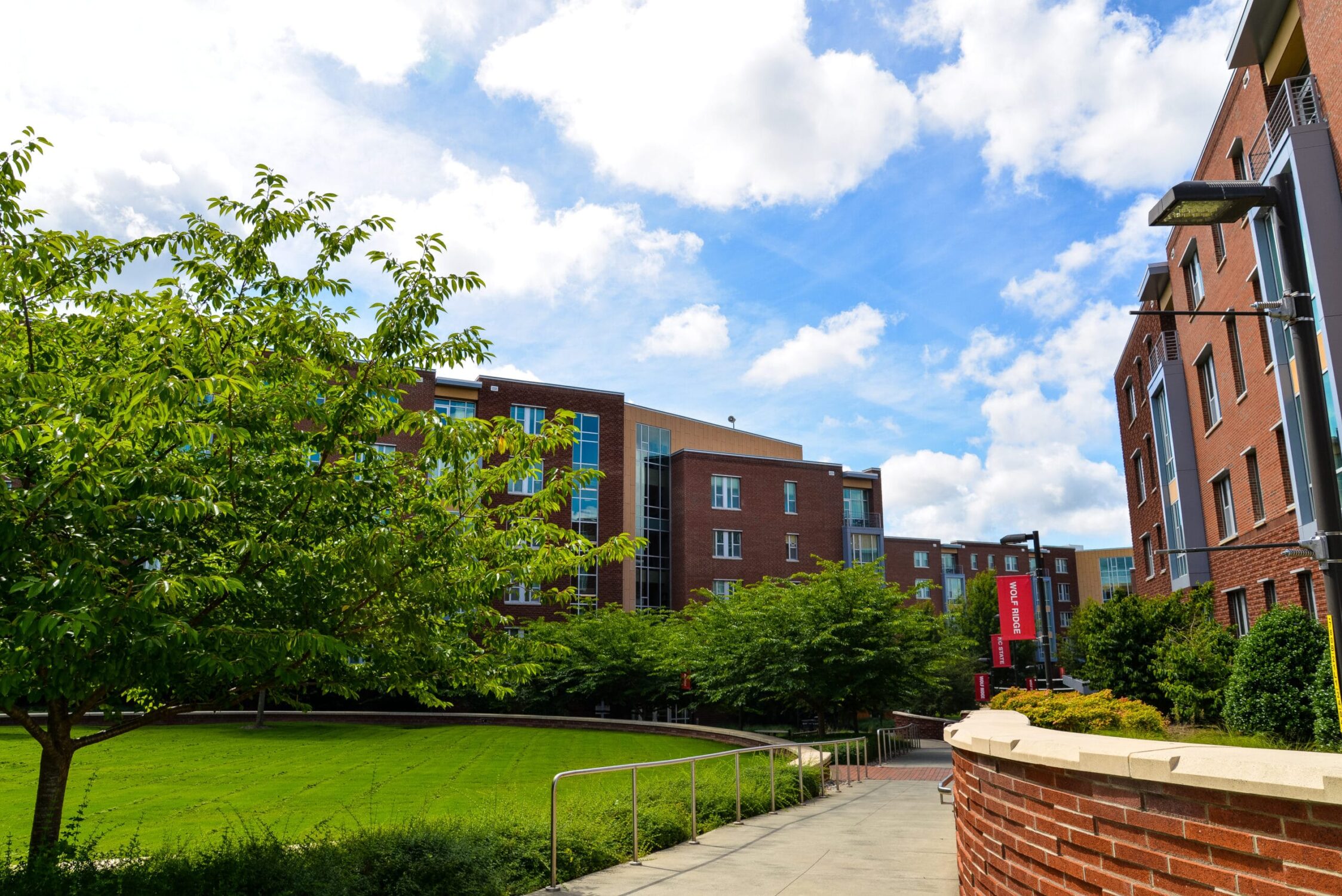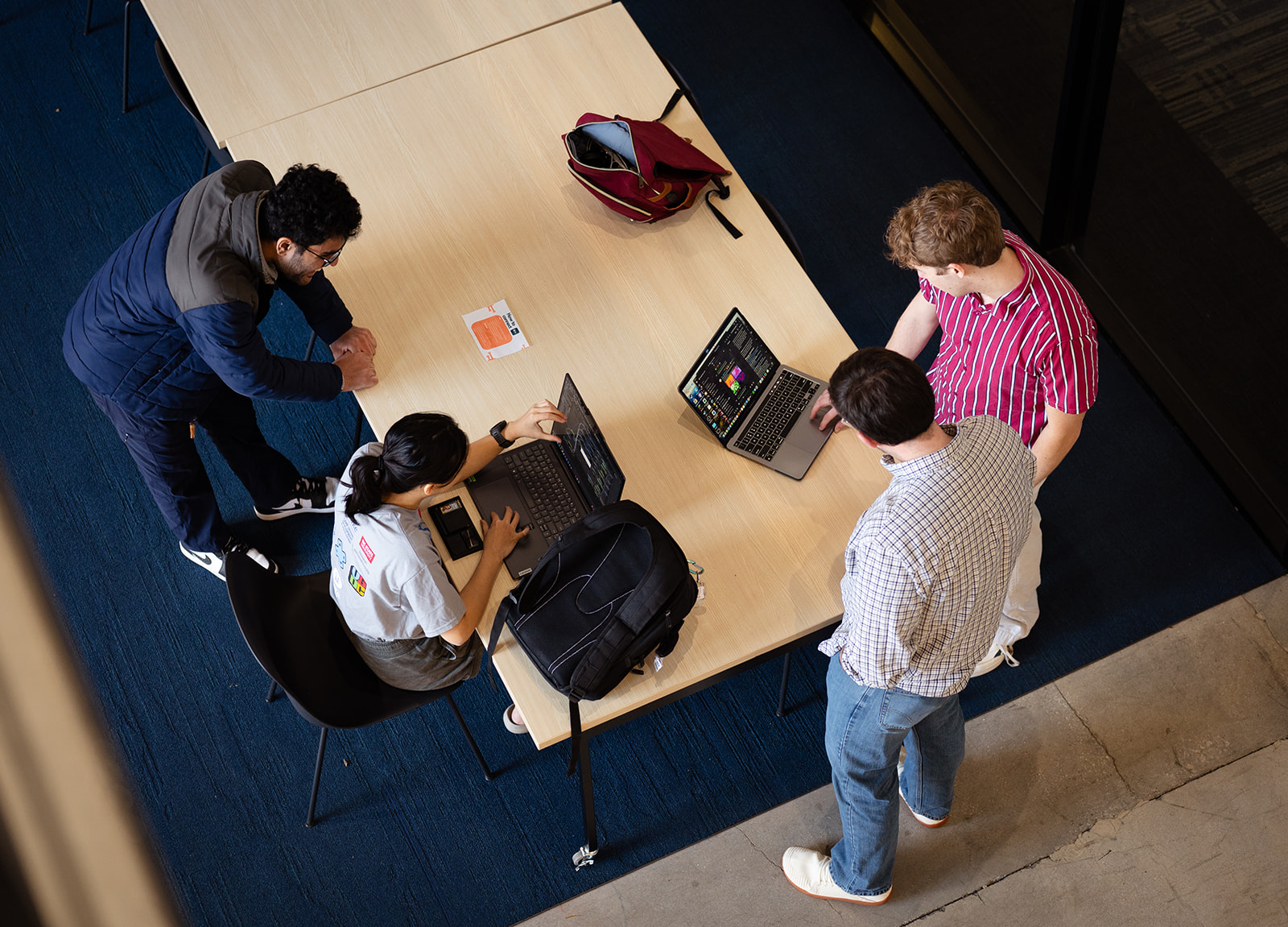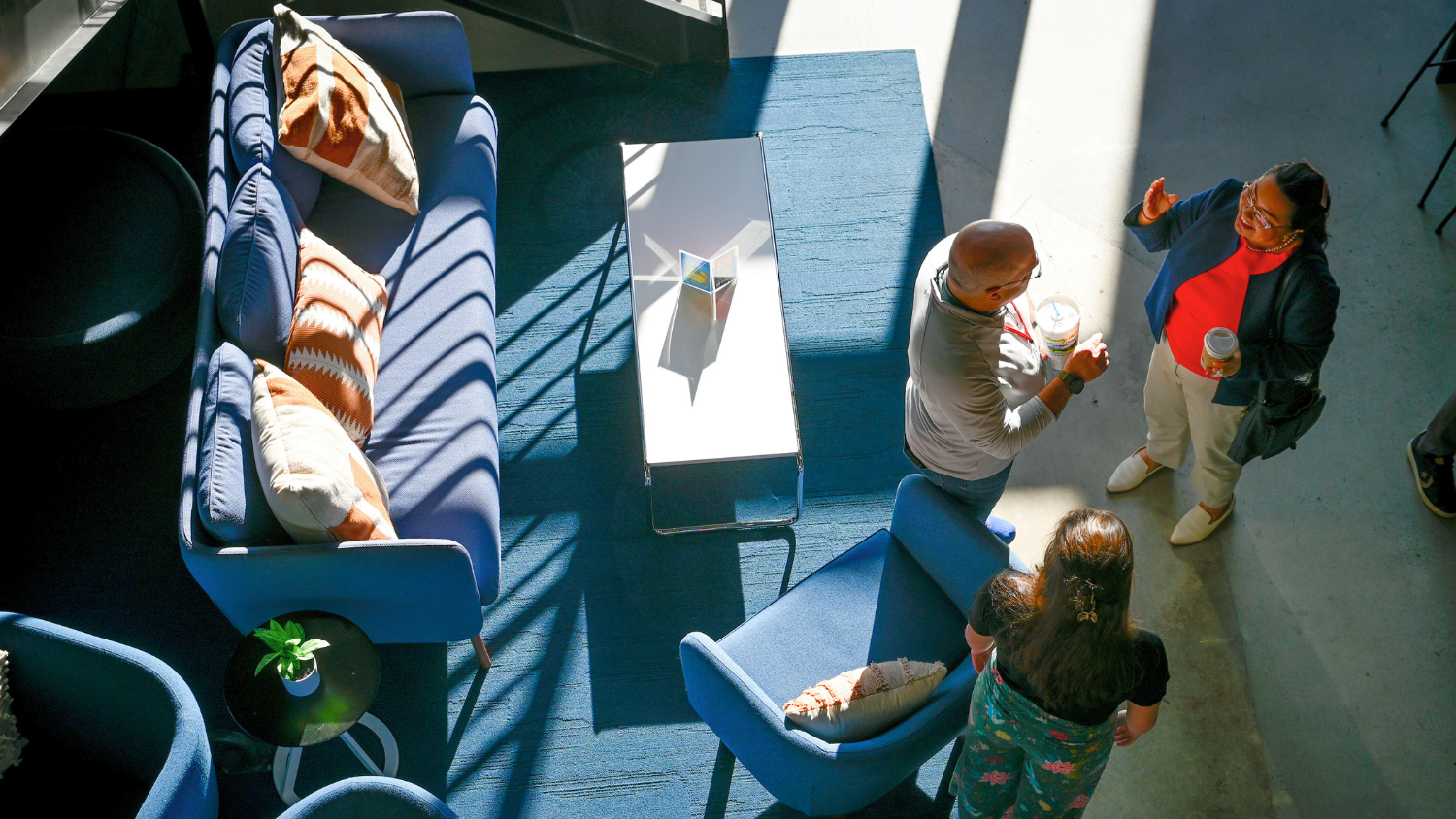Selah Innovations Reflects on Impact of Andrews Launch Accelerator
The Andrews Launch Accelerator gave the Selah Innovations founders connections, knowledge, funding and feedback to grow their business.

The idea of creating a bedpan and a bidet combination came to Sebastian Heredia, who has been working as a nurse for six years, at the beginning of the COVID-19 pandemic.
“When I told people about this idea, they thought it was funny and crazy,” Heredia said, “But they also realized that it was a really good idea.” Shortly after, Heredia got a 3D printer for Christmas and started designing prototypes for “The Bedet.”
A nurse can slide the Bedet under a patient while they are lying in bed, without the need for lifting or turning the patient. The Bedet also includes an irrigation syringe, so patients can clean themselves, and it connects to the hospital bedside medical air, enabling the Bedet to dry. The Bedet increases patient dignity and comfort while saving time—a process that takes about 45 minutes with a bedpan is reduced by a few minutes with the Bedet.
Laura Nelson co-founded the business with her now-husband, Heredia. She graduated from NC State with a master’s degree in youth, family and community sciences and runs the behind-the-scenes work at Selah Innovations. She takes care of the finances, tracks data and handles marketing, while Heredia focuses on the medical side and prototyping.
At some point, Nelson and Heredia were no longer able to move forward with their product on their own and needed the help of a startup accelerator. “We had a product, we had a great idea and we had the designs to make it happen, but we did not have the startup knowledge,” Nelson said.
The couple learned about the Andrews Launch Accelerator (ALA) through Nelson’s connection to NC State. The ALA helped them make connections, learn more about startups, gain funding and receive feedback. “I think the biggest value from the ALA was the connections because we didn’t know people in this space and [the ALA team] know everybody,” Nelson said, “We have found the most value in getting connected to the experts and the people who can pour all this knowledge into us.”
The Accelerator connected Nelson and Heredia to a previous ALA participant who also builds medical devices. They learned a lot by talking with entrepreneurs who had similar journeys as them.
The teams are paired with an entrepreneur in residence at the very beginning of the program. “So you have this mentor that walks with you through the whole program and she [Nelson and Heredia’s mentor] has now become our close personal friend,” Nelson said, “We just had her over for dinner last week and she’s been invaluable to us.”
In addition to learning from connections, the Accelerator helps entrepreneurs learn more about venture development through a 12-week course with a variety of modules. “We were able to use a lot of those skills, like consumer discovery, product market fit, marketing, storytelling; everything that we learned at the ALA was applied to our product as well,” Heredia said.
Contrary to some other accelerators, NC State does not take a share of the companies that participate in the ALA. The companies even get equity-free funding through the ALA, depending on the needs of the company between $5,000 and $10,000. “The ALA gave us some money at a pivotal time,” Nelson said. This team used their money for patent work and prototyping.
“The money was great, but it wasn’t nearly as valuable as the people that we met,” Heredia said, “And also the other companies that were in the same boat as us. We could really go back and forth a lot and learn from each other.”
Heredia and Nelson’s design of the Bedet and their go-to-market strategy changed a lot through the feedback they received while being part of the ALA.
During their time at ALA, Heredia had the chance to talk to people at Duke Health. “I presented to 40 people, and a lot of them were nurses, nurse managers, wound care nurses, and they were able to give me tons of feedback,” he said.
Not only did the shape and size of the product change through feedback, but also the startup’s target market. Before coming to the ALA, the company tried to pursue too many markets all at once—nursing homes, rehab centers and home care.
“We had to be realistic in what we could do right now,” Heredia said, “The ALA was really imperative in helping us refine what that is – and so now it’s hospitals and acute care settings.”
Heredia is thankful for what they learned through the Accelerator. “In a place where it would have been easy to overlook the silly people with the Bedet idea, the ALA really gave us a chance,” he said, “And I’m glad they did because we really learned a ton.”
Nelson felt the ALA’s support was crucial for their business. “We went from an idea and a really strong plan to a viable product and a business,” she said.
Applications for the 2025 Andrews Launch Accelerator Cohort are open. NC State students and recent graduates (within 5 years) can apply by March 31, 2025.


